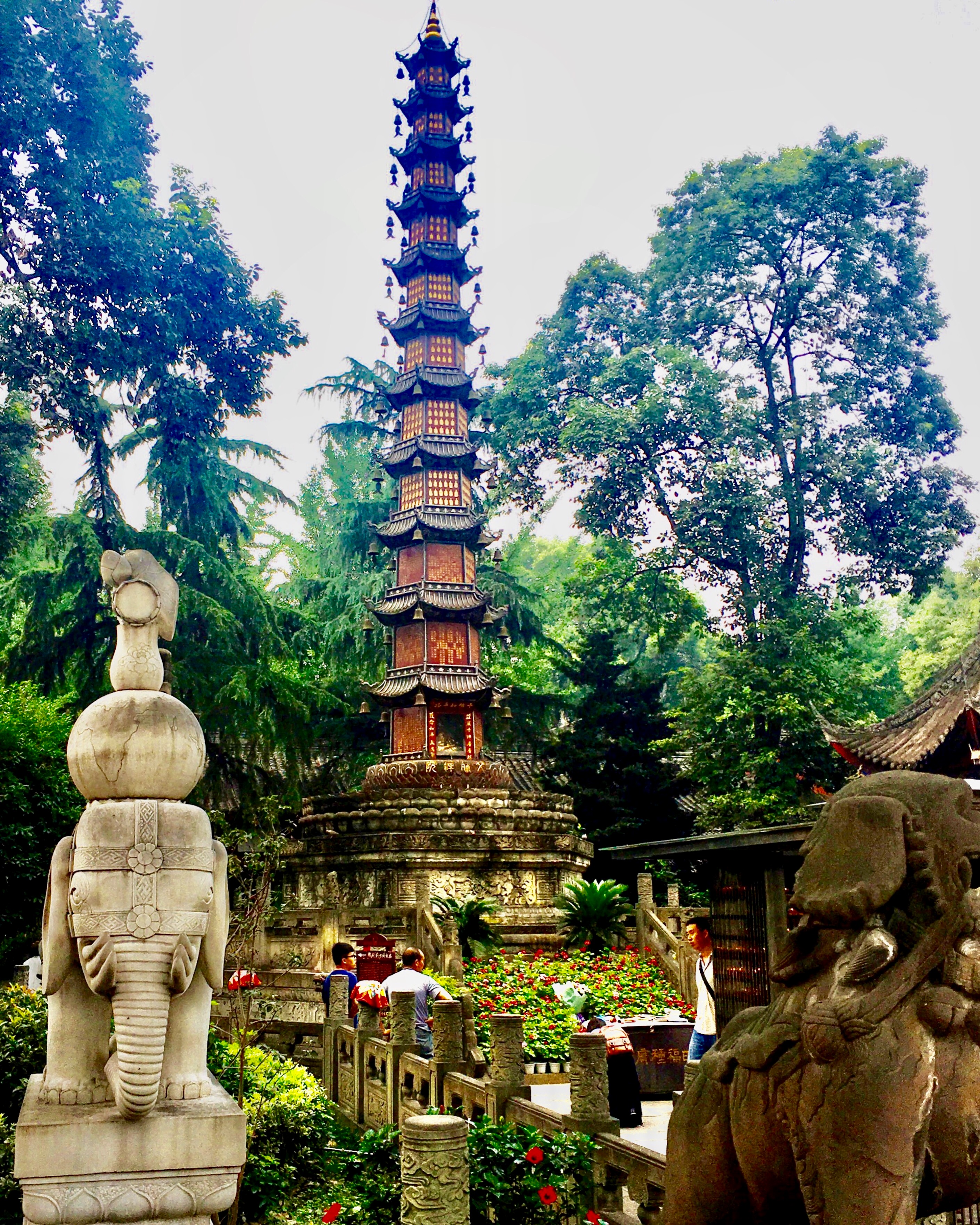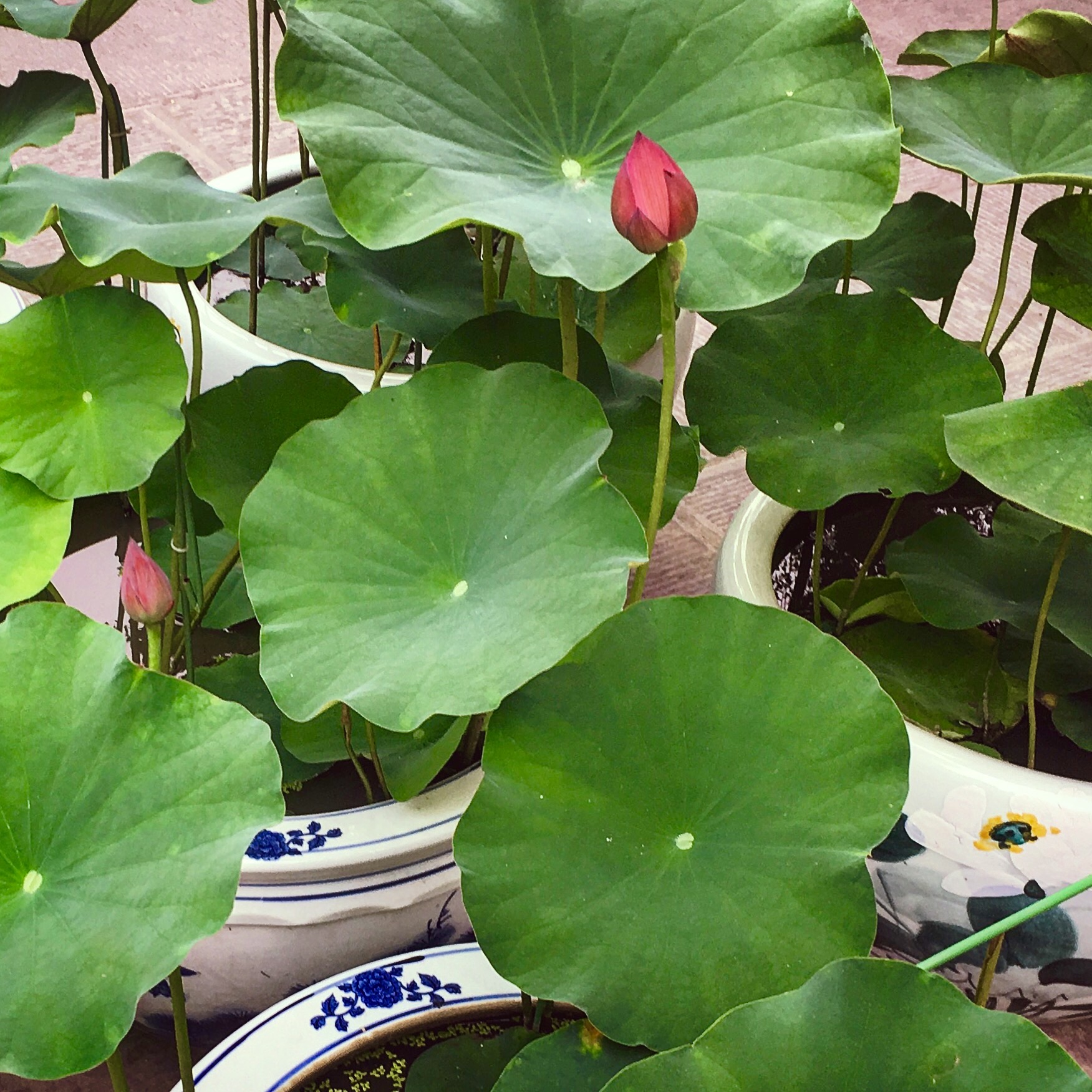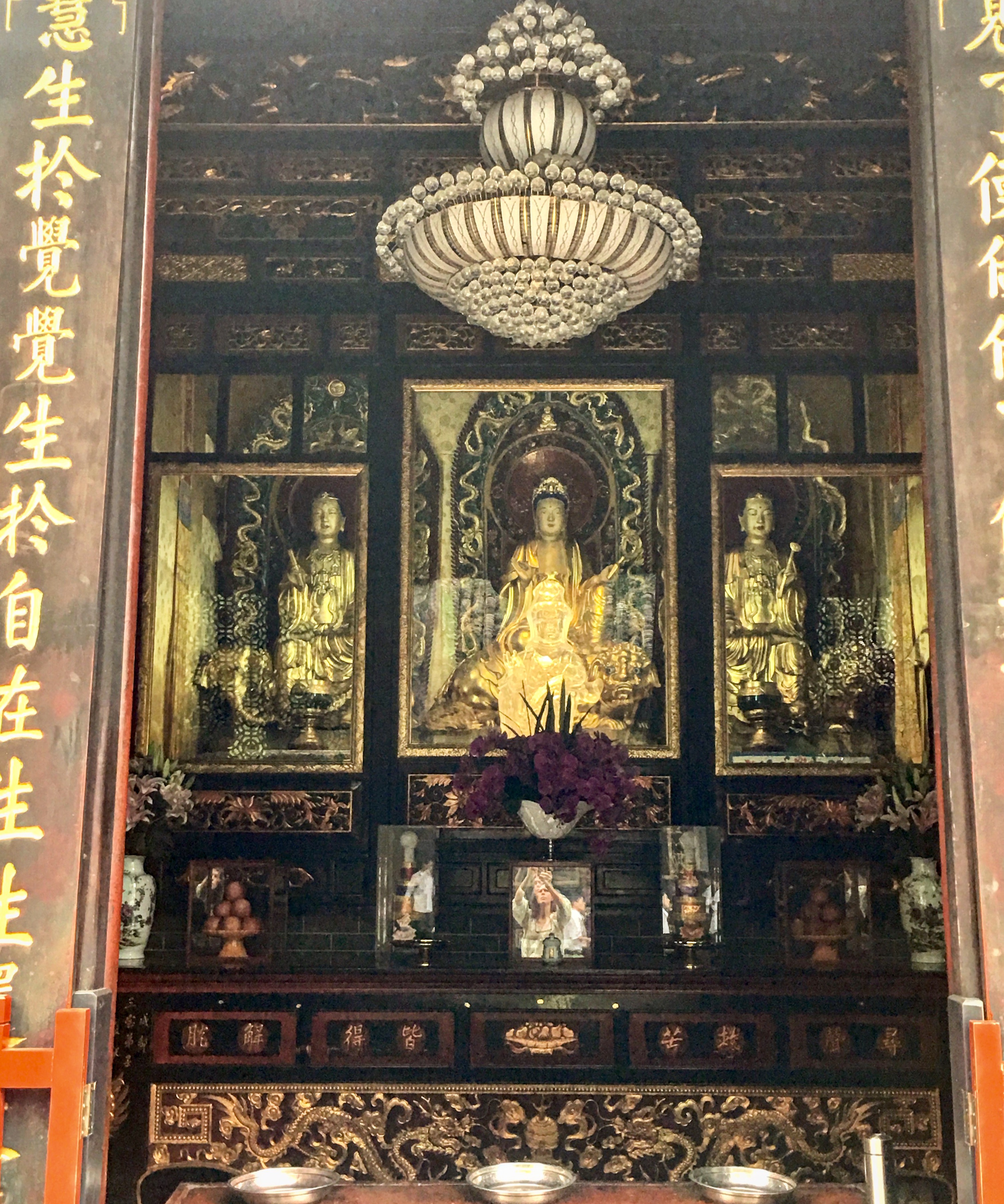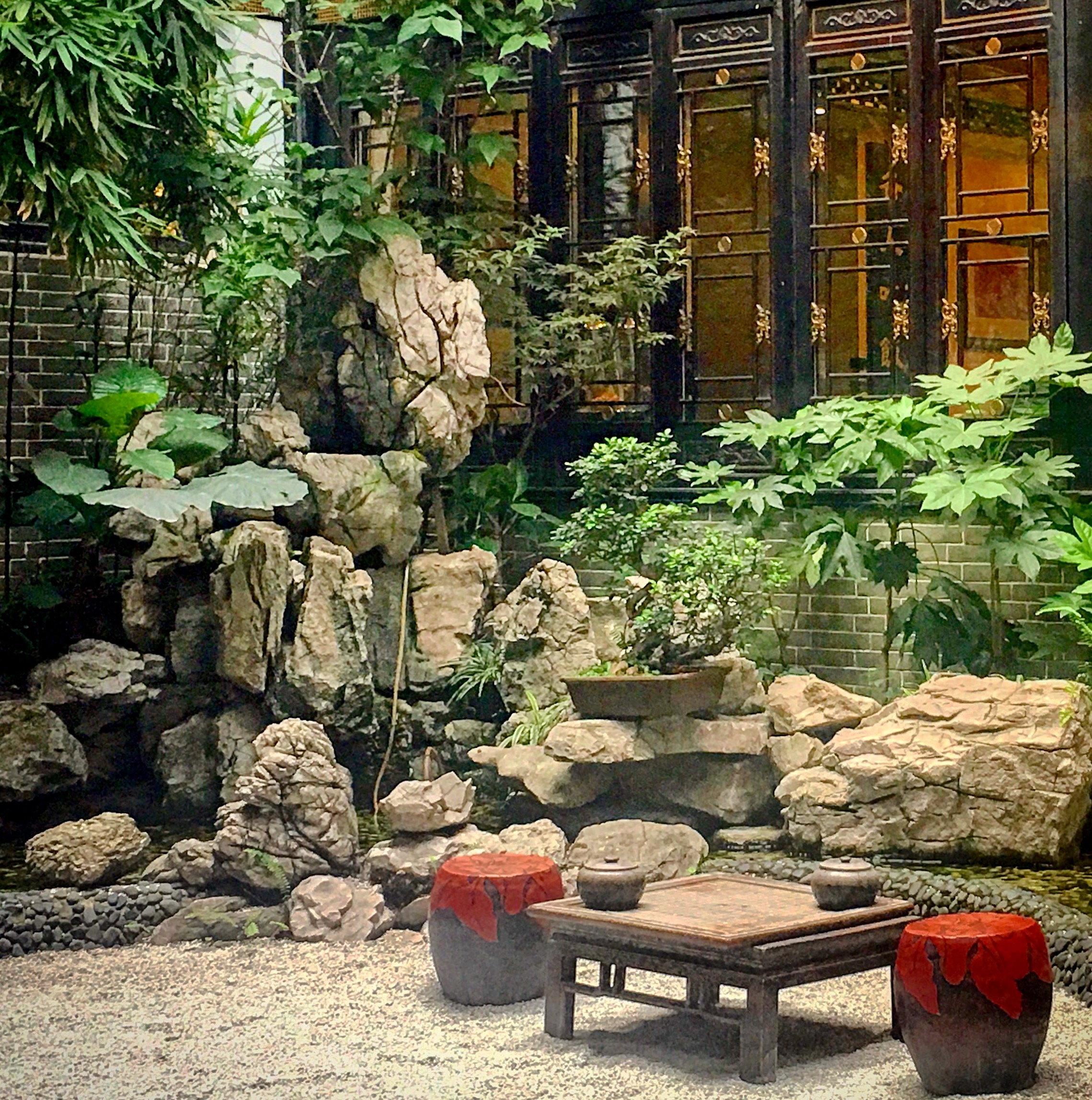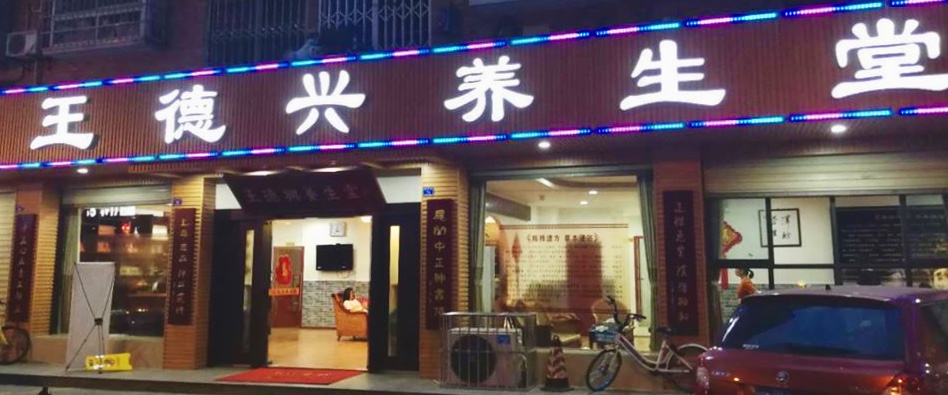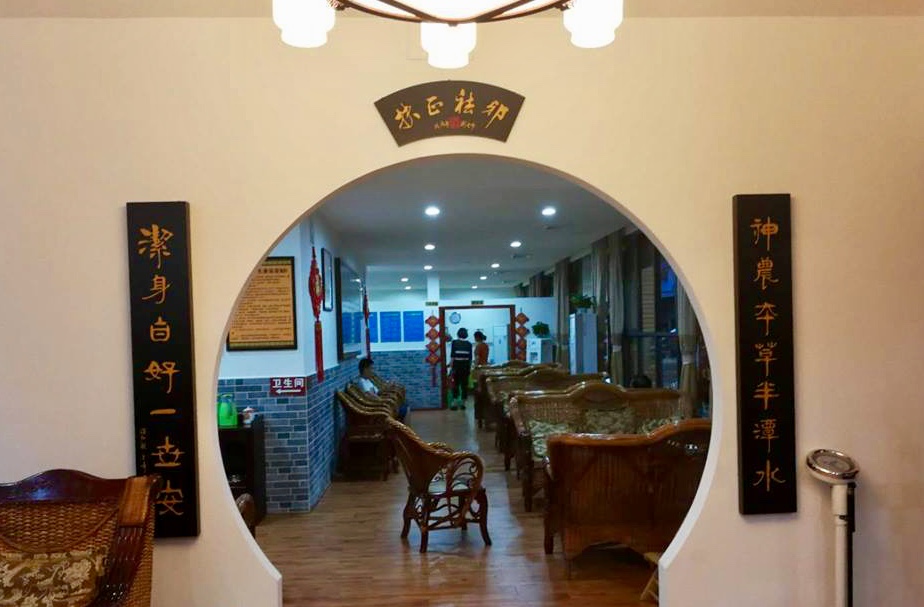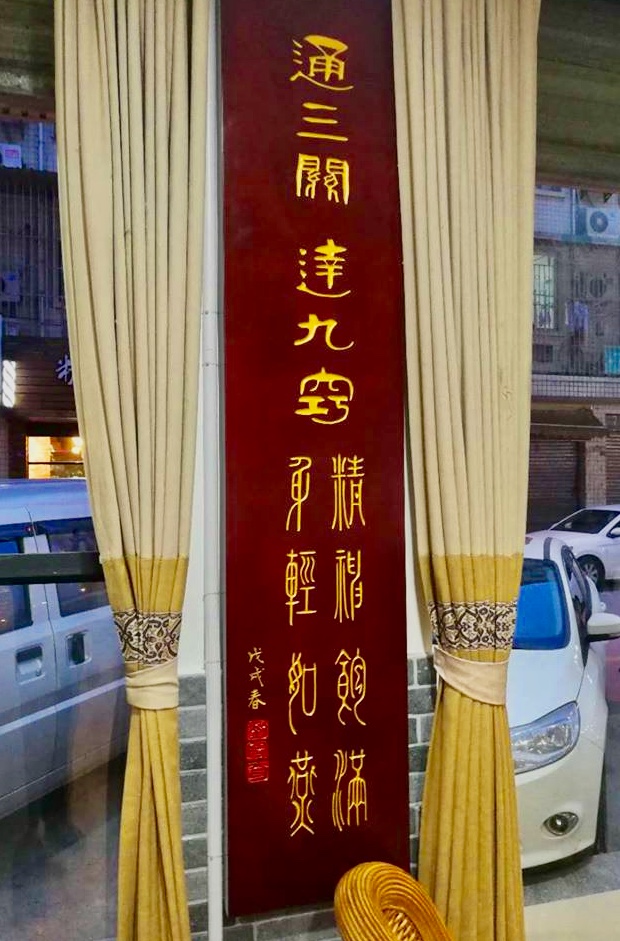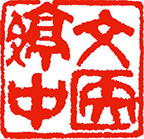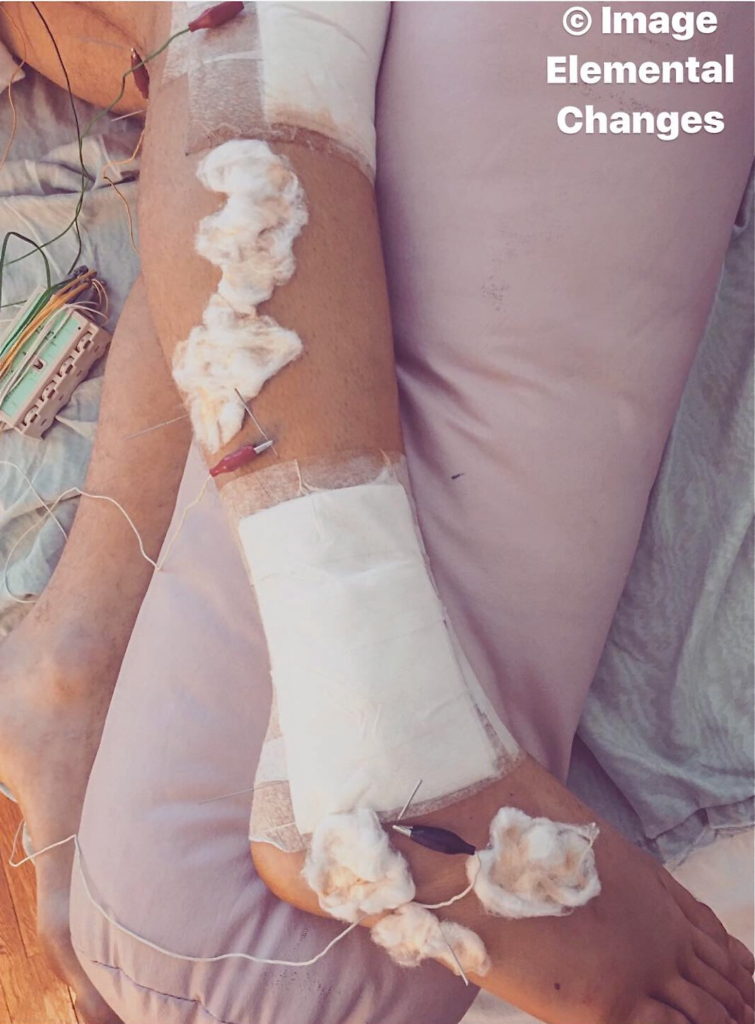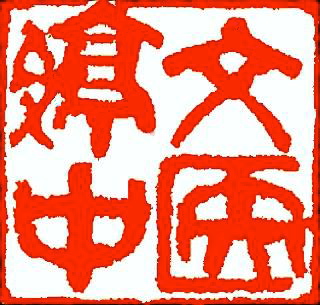✍️Wendy Brown, Lic. Ac.
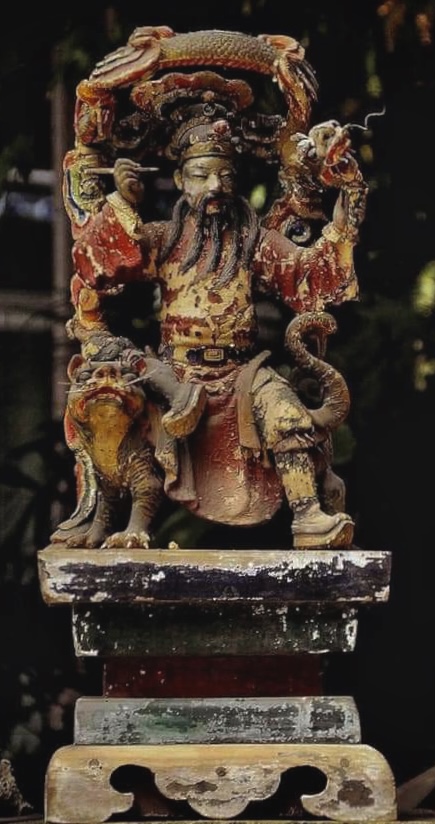
• S/he does not ponder fortune or misfortune of self, above preserving life and having compassion for it.
• By no means should there arise an attitude of rejection. Sympathy, compassion, and care should develop for whoever suffers from conditions looked upon with contempt by people.
• Treat all patients alike, whether powerful or humble, rich or poor, old or young, beautiful or ugly, resentful relatives or kind friends, locals or foreigners, fools or wise men.
• Neither dangerous mountain passes nor the time of day, neither weather conditions nor hunger, thirst nor fatigue should keep her/him from helping wholeheartedly.
• S/he makes a dignified appearance, neither luminous nor somber.
• It is not permissible to be talkative and make provocative speeches, make fun of others, raise one’s voice, decide right from wrong, and discuss other people and their business.
• The wealth of others should not be the reason to prescribe precious and expensive treatments. The object is to help.
• It is inappropriate to emphasize one’s reputation, belittle other physicians, and praise one’s virtue. Indeed, in actual life someone who has accidentally healed a disease then strides around with head held high, showing conceit, and announcing that no one in the entire world could have measured up to yield such results; underscoring one’s own merits and abilities. Such conduct has to be regarded as contrary to the teachings of magnanimity. In this respect, all physicians are, evidently, incurable!

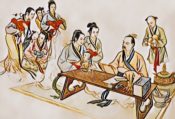
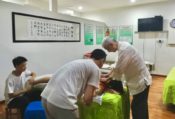
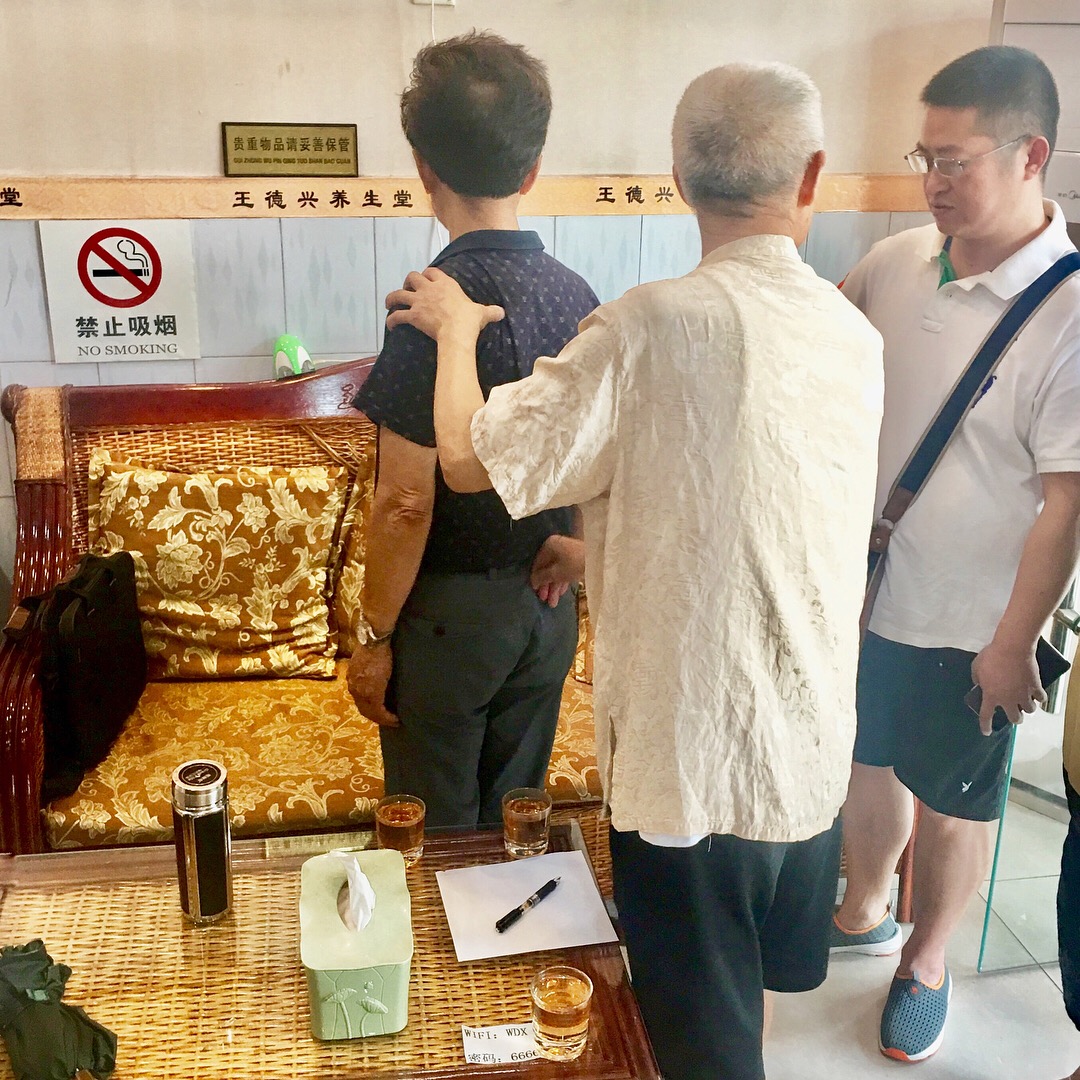
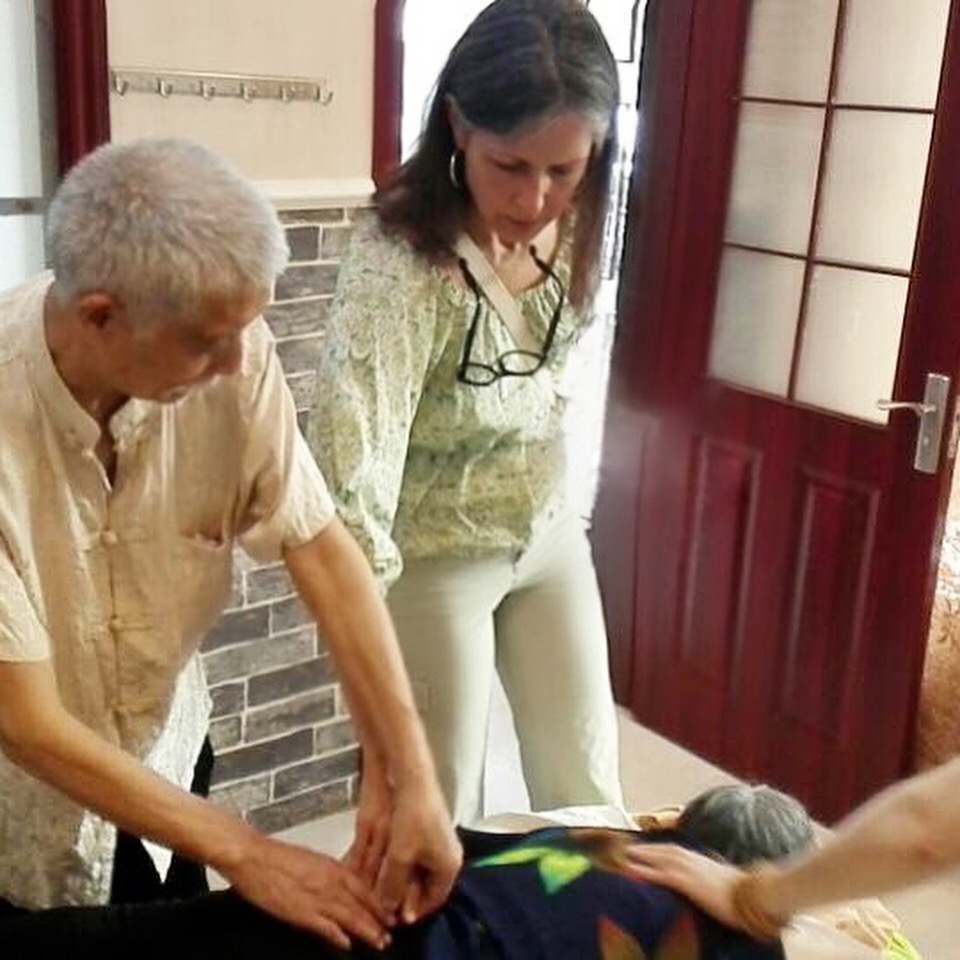



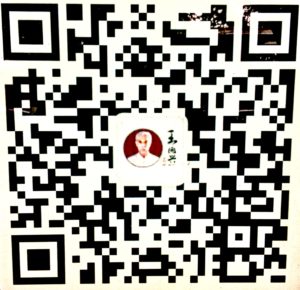 More from my time in Chengdu
More from my time in Chengdu